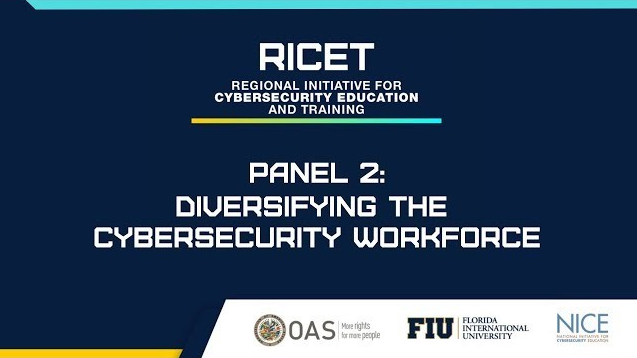Publication
Cybersecurity in Working from Home: An Exploratory Study
About
Publication date: 2021
Author: Mary Bispham; Sadie Creese; William H. Dutton; Patricia Esteve-Gonzalez; and Michael Goldsmith
Tags: COVID-19
Actor
Type
Themes & Topics
This paper presents the findings of an exploratory study of the implications of a shift to working from home (WFH) in the context of the COVID pandemic. The literature and news coverage of this topic focuses on rising concerns over cybersecurity, but exploratory interviews suggest a need to reframe this issue. A focus on the threats or rising security problems tied to WFH is important but too narrow. An equally critical question is whether early experiences with and adaptation to WFH created a cybersecurity infrastructure and practices that have enabled a much greater scale of WFH. In essence, for some kinds of work for some types of individuals, is it possible that advances in cybersecurity have been an enabler of WFH and other remote telework, rather than a barrier? This question provides a basis for expanding research on whether cybersecurity is a barrier or enabler of WFH patterns, including many mixed or hybrid modes of splitting work between the office, home and other remote locations. Given the issues tied to the limited perspectives of even those with expertise in support of WFH, we suggest the basic need for survey research and selected case studies on several well-defined sets of individuals to gain a more empirically anchored perspective on whether cybersecurity has shifted from a barrier to becoming an enabler of remote work.








